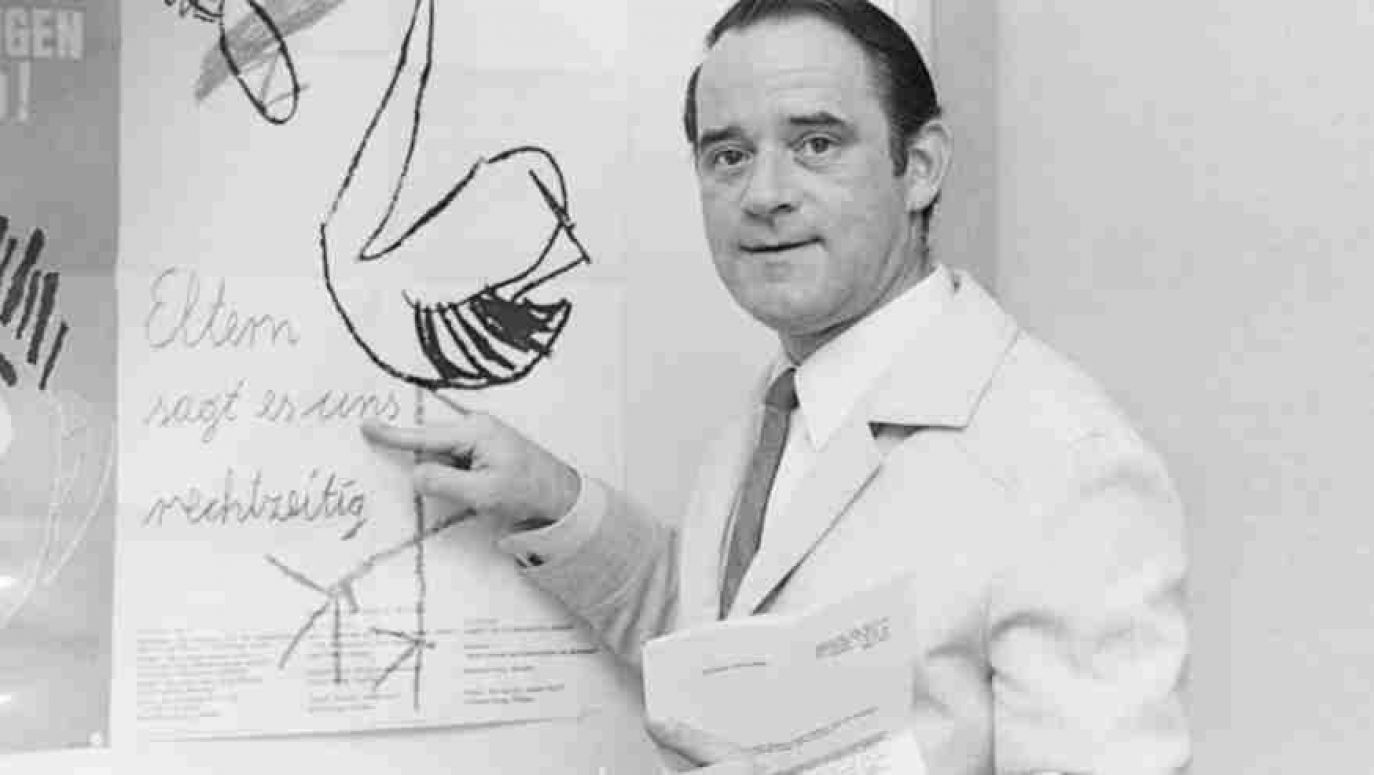Daniel Cohn-Bendit, who divided his activities between France and Germany, published a book in the 1970s describing his adventures with five-year-old girls in the alternative kindergarten where he worked. When the wave of boundless permissiveness subsided, Cohn-Bendit had to explain himself, saying that he was only joking, provoking and using metaphors.
But the 1970s and 1980s atmosphere is best reflected in the recording of Cohn-Bendit's performance in the France 2 television program "Apostrophes" in 1982. There, the German Green Party activist shared juicy stories from his career as a kindergarten teacher - certainly interesting for every prosecutor - which caused smiles full of spicy interest and understanding among the guests in the studio.
The Greens in Germany no longer admit to fighting for the legalisation of paedophilia, nor does the FDP, which politically probed the issue of decriminalisation of paedophilia. FDP MPs then invited Helmut Kentler to the Bundestag, who gave a lecture about paedophiles: "These people put up with those idiots only because they were infatuated and in love with them". In addition to the socialisation of the neglected boys, Kentler also argued that the caregivers, by having at home what they liked most, paedophiles would stop threatening other children in the city, and homeless children would be given new homes. Dr Kentler did not mention that - while escaping from the violence of their alcoholic fathers – the socially disadvantaged boys were trapped in the gutter by the rain, and no one even bothered to investigate it.
In the German legal system, paedophilia was punishable by severe penalties since 1879. Nonetheless, in 1969, the upper limit of 10 years of hard imprisonment was replaced by ten years of imprisonment, i.e., confinement without backbreaking forced labour, and the lower limit was reduced from one year to half a year.
However, throughout this time, paedophilia was a crime that was committed by government officials who turned a blind eye to it. The authority of Helmut Kentler cleared their conscience. When an officer began to have doubts and suspect sexual abuse of minors (which - in a situation where an adolescent boy was cared for by a convicted criminal, or at least a recorded paedophile - did not require any special insight or critical thinking skills), Kentler immediately dispelled the suspicions with the power of his authority as a renown and respected psychologist, sexologist and alternative educator, i.e. a modern specialist, who knows personally the Zeitgeist, the Spirit of History, and knows what should be done and how it should be done. After all, his book "Borrowed Fathers, Children Need Fathers" had many excellent reviews and sold very well.
The cult of authority
In Europe and the USA after World War II, there was a tendency to give more and more power to experts specialising in social sciences and medicine, whose authority seemed to grow - and still grows - regardless of the sometimes astonishing lack of logic and the vague foundations of their theories.
In Germany, this was accompanied by the cult of authority unknown elsewhere. In the times of William II, as in the case of the shoemaker from Köpenick, it was the cult of a man wearing a uniform. After World War II, Herr Doctor was always right, so even more Herr Professor, especially when he was surfing the right wave. "Zu Befehl Herr Hauptmann", the soldiers responded to the illegal orders of Mr Voight in disguise. Berlin officials had to agree with Kentler's criminal nonsense in some milder or more civil form.
The good news in this grim story is that the girls - running away from their homes and ending up in care facilities - escaped Helmut Kentler's attention. This is not surprising - the declared homosexual had three adopted sons and one foster child - he was not very interested in the opposite sex. Once, he wrote in general terms that women also need to be liberated from traditional society's oppressive attitude towards sexuality. Still, he did not involve girls in any of his experiments.
– Krzysztof Zwoliński
TVP WEEKLY. Editorial team and journalists
– Translated by Katarzyna Chocian

 SIGN UP TO OUR PAGE
SIGN UP TO OUR PAGE
 And it was not about the fact that here or there happened to be a paedophile among the children's guardians, to the shock and regret of the aid organisers. Kentler's pedagogical experiment required that the role of the foster "fathers" - not foster families - for difficult boys who wandered around the ZOO station - could be filled exclusively by paedophiles. Someone without any records of paedophilia had no chance of becoming a guardian of young people running away from their family homes. The Senate of West Berlin totally excluded foster families from the project of helping the youth selected by Kentler.
And it was not about the fact that here or there happened to be a paedophile among the children's guardians, to the shock and regret of the aid organisers. Kentler's pedagogical experiment required that the role of the foster "fathers" - not foster families - for difficult boys who wandered around the ZOO station - could be filled exclusively by paedophiles. Someone without any records of paedophilia had no chance of becoming a guardian of young people running away from their family homes. The Senate of West Berlin totally excluded foster families from the project of helping the youth selected by Kentler. 





